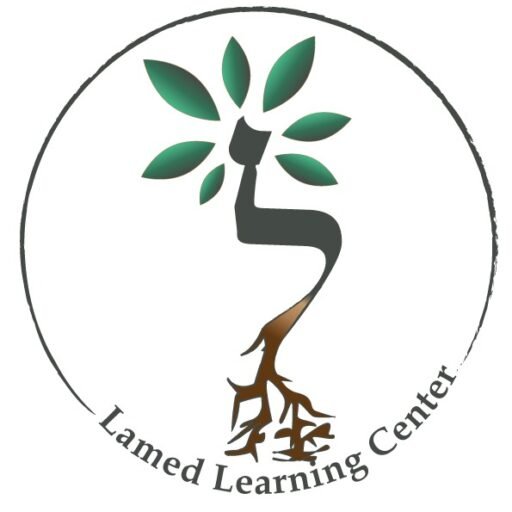
Parashat Shoftim is the source for the three types of leadership in Judaism. Our sages called them the “three crowns”: priesthood, kingship, and Torah (Mishnah Avot 4:13, Maimonides, Mishneh Torah, Hilchot Talmud Torah, 3:1). Power is to be divided and distributed, not concentrated in a single person or office. One common thing that I’ve noticed amongst leaders is how much they read. There’s a quote “all leaders are readers, but not all readers are leaders.”
This past week, we drove up to NY to attend a wedding of one of our friends who is in the Satmar Chassidic community. It was a lovely wedding! Mazal Tov to the Chatan and Kallah! On our drive back home, the Chatan’s sister rode with us. They were all homeschooled and one thing their mother did was read to them a lot while they were younger. As they grew up, they began to read more and more. I was impressed with how much she knew, not only about Judaism, but also history, the principles of freedom, some medical information, and her own field, speech language pathology. Books provide us the opportunity to learn so much!
Our Parsha deals with all three roles. It tells us what a King must not do, rather than what he should do. He should not “acquire great numbers of horses,” or “take many wives”, or “accumulate large amounts of gold and silver”. He must keep a copy of the Torah with him while seated on his throne (Devarim 17:16-19).
רַק֮ לֹא־יַרְבֶּה־לּ֣וֹ סוּסִים֒ וְלֹֽא־יָשִׁ֤יב אֶת־הָעָם֙ מִצְרַ֔יְמָה לְמַ֖עַן הַרְבּ֣וֹת ס֑וּס וַֽיהֹוָה֙ אָמַ֣ר לָכֶ֔ם לֹ֣א תֹסִפ֗וּן לָשׁ֛וּב בַּדֶּ֥רֶךְ הַזֶּ֖ה עֽוֹד
וְלֹ֤א יַרְבֶּה־לּוֹ֙ נָשִׁ֔ים וְלֹ֥א יָס֖וּר לְבָב֑וֹ וְכֶ֣סֶף וְזָהָ֔ב לֹ֥א יַרְבֶּה־לּ֖וֹ מְאֹֽד
וְהָיָ֣ה כְשִׁבְתּ֔וֹ עַ֖ל כִּסֵּ֣א מַמְלַכְתּ֑וֹ וְכָ֨תַב ל֜וֹ אֶת־מִשְׁנֵ֨ה הַתּוֹרָ֤ה הַזֹּאת֙ עַל־סֵ֔פֶר מִלִּפְנֵ֖י הַכֹּהֲנִ֥ים הַלְוִיִּֽם
These things are temptations that could lead a king to want more power. The King must constantly read Torah and be a servant to his people.
Rabbi Sacks writes “those on whom the destiny of the nation turns may not delegate away the task of thinking, reading, studying, and remembering.” We cannot say that we have too many things to take care of, too many affairs to put in order, therefore, I have no time for books. This is a lesson for us. We must be B’nai Torah “children of the book.” A Midrash states “If someone says to you, ‘There is wisdom among the nations of the world,’ believe it. If they say, ‘There is Torah among the nations of the world,’ do not believe it” (Eichah Rabbati 2:13).
We are all called upon to be leaders at some point in our lives. Which means it is incumbent on us to read, to learn, and to grow. To be a Jewish leader means that we spend time studying both Torah and the works of the world. Take the time to become familiar with the world of ideas. I always find it fascinating how many books are in Jewish homes. We pride ourselves on our libraries. I encourage you to continue to build yours. Grow, study, and learn because all leaders are readers!
